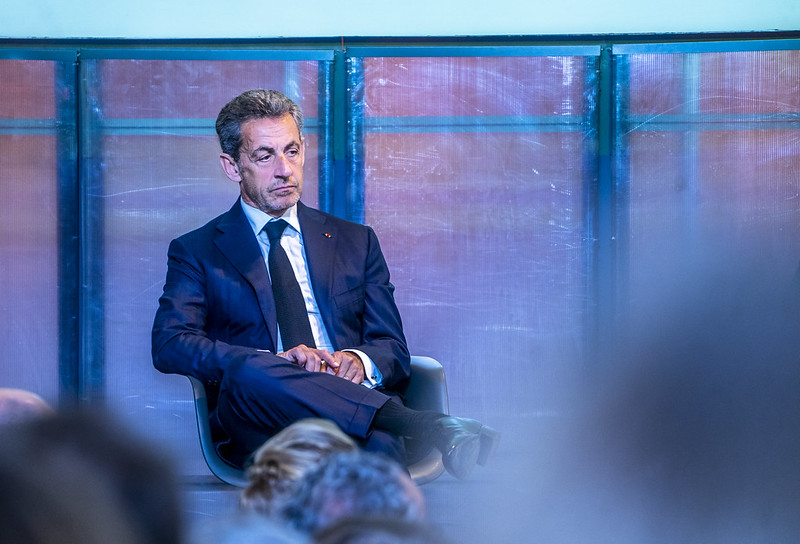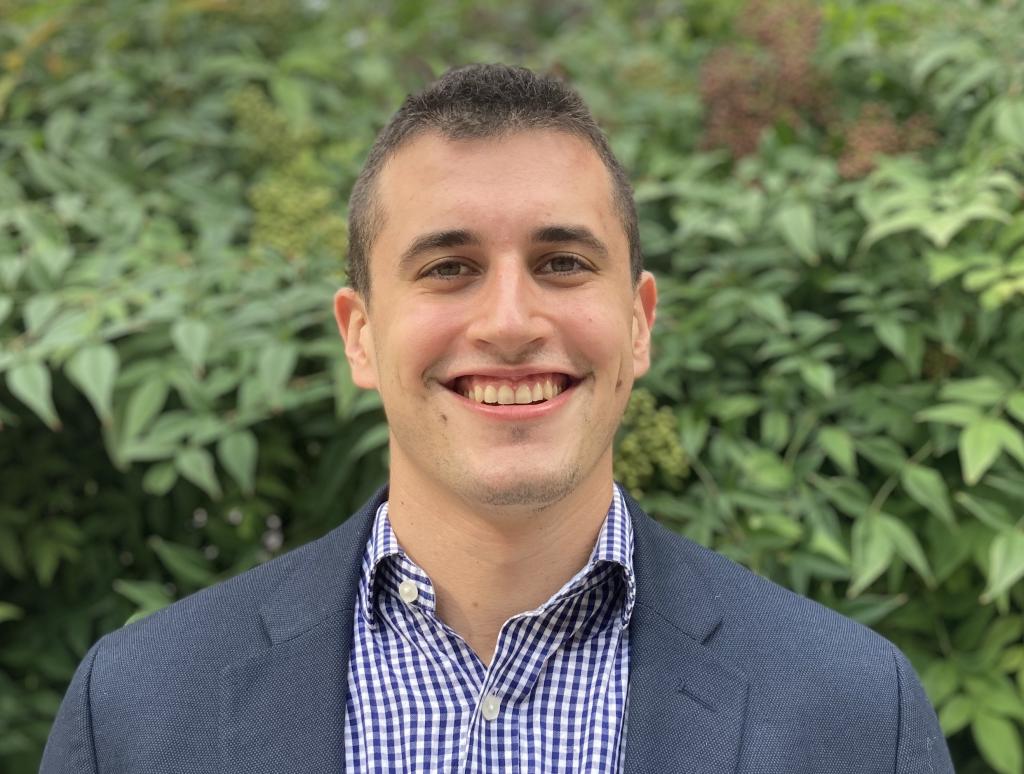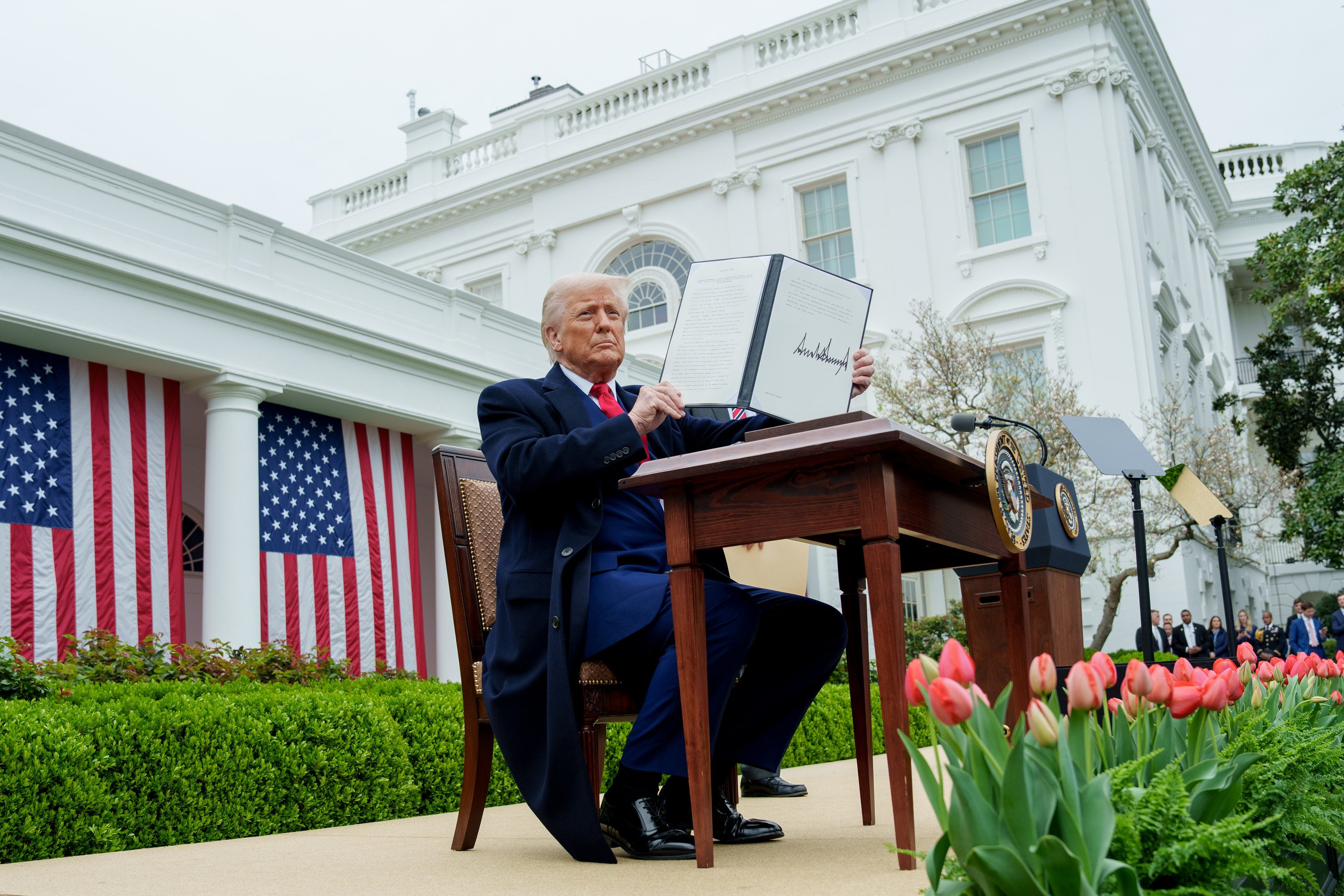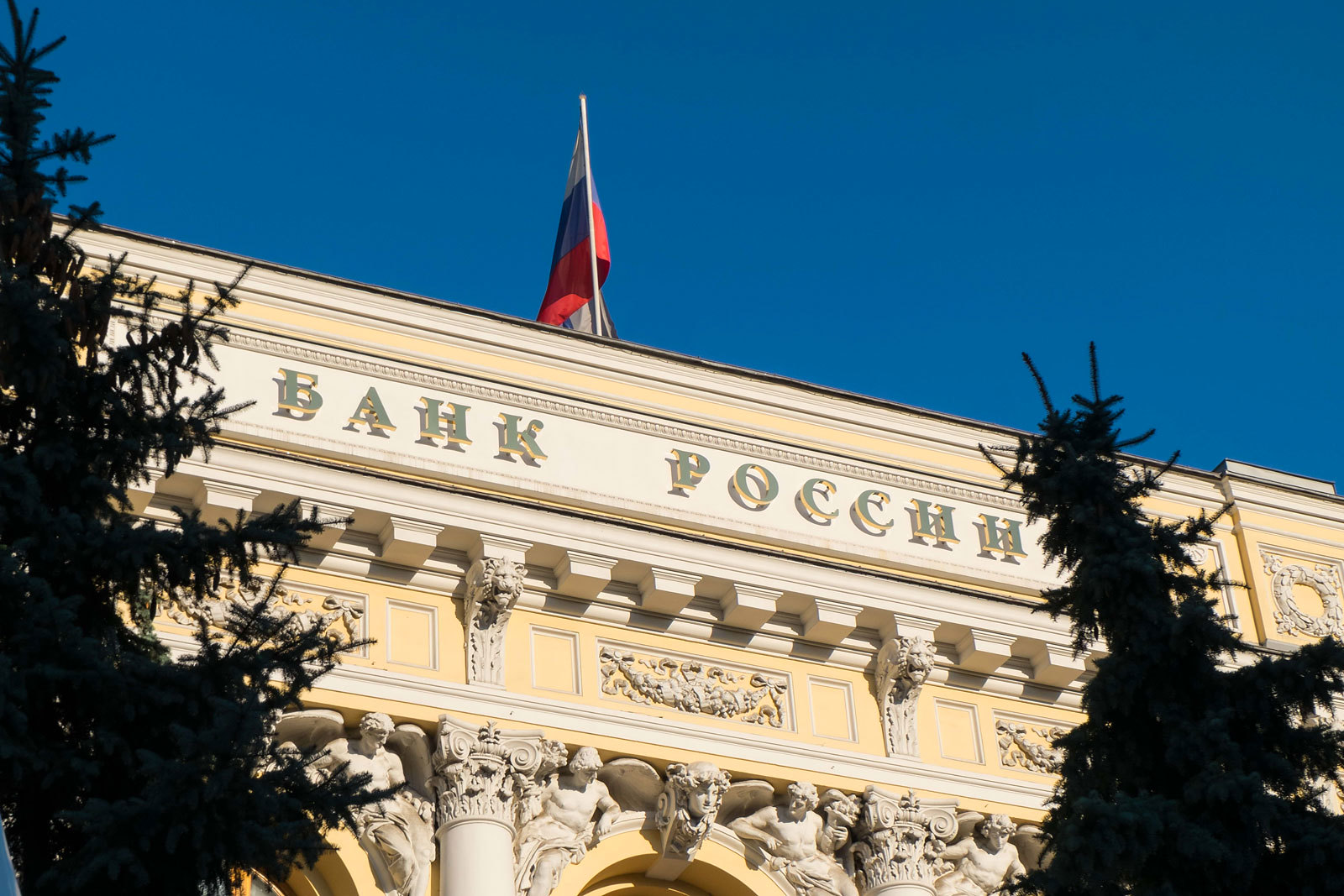Nicolas Sarkozy’s No Good, Very Bad Campaign Finance Scheme
Nicolas Sarkozy faces a new charge in connection with alleged campaign contributions from the Gadhafi’s.

Published by The Lawfare Institute
in Cooperation With

The former president leaves office, but his legal troubles are just beginning. Years later, he gets charged in connection with a scheme to route foreign state-sponsored support to his inaugural presidential campaign.
Sound familiar? It should.
It’s the ongoing case of former President Nicolas Sarkozy.
The campaign was the presidential race in France—in 2007. It was shaping up to be a competitive one, and one candidate needed an infusion of campaign cash. The strategy? It wasn’t grassroots outreach. It wasn’t getting a loan from a bank, either. According to media reporting in France, Nicolas Sarkozy opted for a third option: under-the-table campaign contributions from Libyan dictator Moammar Gadhafi.
The scandal has dogged Sarkozy for eight years. And it recently produced a new charge, his fourth in this case.
On Oct. 16, French prosecutors charged Sarkozy with “criminal association” (“association des malfaiteurs,” roughly equivalent to a criminal conspiracy charge). The charges add to a constellation of legal woes for Sarkozy. He’s already in hot water with French prosecutors for other matters, in addition to other charges related to the Gadhafi debacle. But this new charge puts Sarkozy way deeper in the hole. The Washington Post described it as a “dramatic escalation” in the legal battle between prosecutors and Sarkozy.
It’s a juicy story, if a bit confusing. The scandal involves a labyrinth of political operatives, secret bank accounts and—of course—two early modern Dutch paintings. It also involves the idiosyncrasies of French criminal procedure.
So what’s really going on here?
The first public allegation of the under-the-table contribution came from Gadhafi’s son in 2011. Saif al-Islam Gadhafi’s claim came just as Sarkozy’s relationship with the elder Gadhafi bottomed out. Six days before Euronews published the interview with Saif, France became the first country to officially recognize Libya’s opposition rebels—proving that politicians aren’t always beholden to their campaign contributors. Three days after the interview went live, French military planes whizzed over Libya and began firing on Gadhafi’s military vehicles. The younger Gadhafi talked about Sarkozy’s role in the intervention as if the French president had reneged on a contract: “Sarkozy must first give back the money he took from Libya to finance his electoral campaign …. He was given assistance so that he could help them. But he’s disappointed us: give us back our money.” Some reporting at the time suggested that the regime saw the Euronews interview as payback for France’s role in the air campaign—a “senior Libyan official” told the Guardian that “Sarkozy is playing dirty, so we are playing dirty, too.”
But were Saif’s accusations just sour grapes? Or was there any merit to his explosive claims?
Other French outlets picked up the story but cautioned that the allegation lacked any tangible factual basis. “What credit should be given to these serious accusations?” asked Le Monde. “The last time, despite threats about a supposed ‘grave secret,’ the [Gadhafi] family produced nothing concrete.” L’Express republished the allegation but then released a story the next day stressing that “no proof has been published, making verification impossible.” At the time, the allegations received a pretty flat reception in the English-language press. I couldn’t find a single story from the weeks after the allegations about the cash dump in either the New York Times or the Washington Post. The Guardian, while noting that “Libyan sources have separately told the Guardian substantial funds were paid into accounts to support Sarkozy’s presidential campaign in 2007,” cautioned that it “has been unable to confirm the Libyan claims independently.”
But the subtext of the allegation tracked with popular anxieties about Sarkozy’s behavior toward Gadhafi during the early years of his presidency. Sarkozy played nice with Gadhafi in ways that made many in France queasy. During his first year in office, Sarkozy invited Gadhafi to Paris in what was the dictator’s first trip to France in 34 years. Sarkozy played the role of gracious host to his pariah guest: He allowed Gadhafi to “set up a Bedouin tent in the gardens of the official guest residence, the 19th-century Hotel Marigny, next to the presidential Elysee Palace.” The visit—which regrettably coincided with the annual Dec. 10 global human rights day—set off a torrent of criticism. Sarkozy’s own secretary of state for human rights, for example, told a news outlet that “Colonel [Gadhafi] must understand that our country is not a doormat on which a leader, terrorist or not, can come and wipe the blood of his crimes off his feet.” The $14.7 billion in French airplanes and defense equipment that Gadhafi agreed to buy during the trip didn’t do much to placate the loud chorus of critics either.
Later reporting began to corroborate parts of Saif al-Islam Gadhafi’s story. In 2012, French investigative publication Mediapart detailed a report prepared by a private researcher that added some specificity to the Gadhafi family’s claim: Sarkozy “received up to 50 million euros in secret funds from the regime of the late Libyan dictator Colonel Muammar [Gadhafi].” The report—sourced to infamous Paris-based arms dealer Ziad Takieddine and a French neurosurgeon who treated members of the Gadhafi family—alleges that Sarkozy laid the groundwork for the huge campaign contribution during a 2005 official state visit to Tripoli while Sarkozy was serving as France’s interior minister.
Parisian prosecutors opened an investigation into the allegations in 2013. French justice officials initially ran the investigation out of the financial crimes unit of the Paris prosecutor’s office, and the unit became a part of the newly created national financial crimes prosecutor’s office in 2014. (The “Parquet National Financier” is now one of two national prosecutor’s offices in France after the creation of the “Parquet National Antiterroriste” in 2019; there soon there will be a third by the end of 2020, focused on online hate speech.)
The financial crimes probe started to turn up some curious evidence, with help from French news outlets. As France 24 explains, “Days after the inquiry was opened, French satirical weekly Le Canard Enchaîné revealed the earlier discovery of an unreported 500,000-euro transfer to longtime Sarkozy associate Claude Guéant from a firm held by a Malaysian lawyer in March 2008. Guéant would explain the funds were payment for two 17th-century Dutch paintings.” One problem: The paintings were actually worth way less, only around 35,000 euros. Per France 24, “investigators reportedly linked the transaction to a banker associated with Bashir Saleh, a [Gadhafi] money man, and French businessman Alexandre Djouhri, who is suspected of serving as an intermediary between Libya and Sarkozy’s team.” Prosecutors in 2015 charged Guéant with forgery, using forged documents, and laundering the proceeds of tax fraud in an organized group.
Later, in November 2016, Mediapart published another big story. Takieddine—the arms dealer who was the source for the 2012 report that brought the allegations into the mainstream—told the investigative publication that he sent 5 million euros from Gadhafi’s former intelligence chief, Abdullah Senussi, to Sarkozy and Guéant. “I brought three suitcases of Libyan money to Sarkozy and Guéant,” he claimed. He told Mediapart that he had also relayed the information about the Gadhafi-Sarkozy transfers to French investigators through a written deposition. Sarkozy and his lawyers pushed back on the new allegations. Sarkozy emphasized the curious timing of the story—both this and the 2012 Mediapart story came as the former president was gearing up for another run at the Elyesée Palace. Sarkozy’s lawyer lamented to Reuters that “[o]nce more, and always before an election, Mediapart is trying to taint Nicolas Sarkozy with allegations (that are) as untrue today as they were yesterday.” Prosecutors charged Takieddine the next month with “influence trafficking and corruption of a government official by a foreign entity.”
Sarkozy’s legal headaches continued to worsen. The financial crimes office took Sarkozy in for questioning in March 2018. After a second day of questioning, prosecutors charged Sarkozy with passive corruption, embezzlement and illegal campaign financing in connection with the Libya debacle.
France has robust campaign finance rules thanks largely to a sweeping 1988 law—before the law passed, the country had no codified rules for the financing of political parties. The 1988 law spelled out, among other things, restrictions on foreign campaign contributions: “[N]o candidate can receive, directly or indirectly, for any expense whatsoever, contribution or material support from a foreign state or a juridical entity governed by foreign law.” And French presidential candidates can’t spend more than around 22.5 million euros during their campaigns.
But being “charged” (mis en examen) in France means something different than it does in the United States. If someone gets “charged” in France, it doesn’t necessarily mean that he or she will stand trial. French judges and prosecutors are both formally part of the judiciary; the national financial crimes office, for example, houses both prosecutors and investigating judges (juges d’instruction). Prosecutors can run investigations from start to finish in cases involving low-level infractions. But for more severe infractions or complicated cases, things work differently: Prosecutors conduct preliminary investigations, but investigative duties transfer to investigating magistrates once someone is mis en examen. In other words, being “charged” really means being named as a target of a formal investigation. The added layer nominally functions as a civil liberties bulwark by introducing new procedural protections and making judges comb over the evidence themselves before subjecting defendants to trial. The final decision of whether defendants stand trial in these cases lies with the investigating judges, although defendants can appeal that determination.
Sarkozy butted heads with the investigating judges after they began their formal investigation. When the time came for a June 2019 questioning session with the judges, Sarkozy reasserted his “total innocence” and denounced the “scheme” against him. He didn’t budge during the interviews and refused to answer the judges’ questions.
But more dominoes continued to fall last winter. Mediapart released another investigation, this time alleging that Thierry Gaubert, a close political ally of Sarkozy’s, received 440,000 euros of Libyan money in February 2006. Mediapart alleged that Takieddine—the arms dealer who made some of the more explosive accusations against Sarkozy—used an offshore company linked with the Gadhafi regime to transfer the cash to a secret Bahamian bank account. Per Gaubert, the Mediapart story had it all wrong: The 440,000 euros was for a real estate business he had in Colombia. French authorities saw it otherwise and charged Gaubert in January 2020 with “criminal association”—the same charge now facing Sarkozy. Some French journalists noted last week that the Gaubert charging decision offered a hint that investigators would look into charging Sarkozy for the same crime.
Things got worse for Sarkozy that same day. Authorities charged Alexandre Djouhri—one of the men involved with the questionable transaction for the 17th century Dutch paintings—with a litany of crimes (although not criminal association) in connection with l‘affaire Sarkozy-Kadafi.
Sarkozy later tried but failed to put a stop to the formal investigation into him. French defense attorneys can attempt mid-investigation to nullify (la nullité) the case against the lawyer’s client in instances where the country’s code of criminal procedure has been violated. Sarkozy’s counsel petitioned for that reprieve, but the Paris appellate court on Sept. 24 nixed the request. Investigators pressed on, and Sarkozy sat through 40 hours of interrogation over the course of four days in early October. And then on Oct. 16, the Parquet National Financier announced the new charge against Sarkozy: criminal association.
The new charge puts Sarkozy in deep trouble. French journalist Christophe Barbier described the charge as “very serious.” Sarkozy faces other charges in connection with a 2012 campaign financing scandal (l’affaire Bygmalion), but Barbier noted that in that case, Sarkozy can plausibly claim that he wasn’t kept up to date with his team’s unseemly activities. Here, the new charge indicates that “everything is converging toward him” in the Libya scandal.
But the evidence doesn’t point toward an easy conviction, or even necessarily to a trial. Le Monde observed that French investigators still don’t have any “indisputable material proof” against Sarkozy. Much of the evidence comes by way of former Libyan officials or the arms dealer Takieddine—none of whom will win any awards for witness credibility. And the documentary evidence still suffers from inconsistencies in dates and other small details. These discrepancies lay the groundwork for “an enormous legal battle,” noted Barbier.
Sarkozy hasn’t yet gone on trial for anything involving the Gadhafis. But he’ll make his way to the trial court for other matters in the coming months. From Nov. 23 to Dec. 10, he’ll stand trial in connection to a scheme to obtain secret information from a judge, and from March 17 to April 15, 2021, the court will host him for a trial for his alleged 2012 campaign finance snafus.
Regardless of what happens in this case, French authorities waded into uncharted waters with the charge itself. The Washington Post described it as “the most serious indictment a former head of state has faced in the history of France’s Fifth Republic, the governing system established in 1958.” French presidents enjoy particularly prominent national stature relative to other European heads of state. Sarkozy—like his predecessors and successors—was elected directly by the people, not installed by a legislative body. And former presidents get special treatment in France: A departed président de la république automatically gets a seat on France’s constitutional court. But Sarkozy’s excesses might have been a bridge too far, and his successor’s campaign to be “Monsieur Normal” while in office might have brought the office of the presidency back down to earth and made such serious charges politically feasible.





